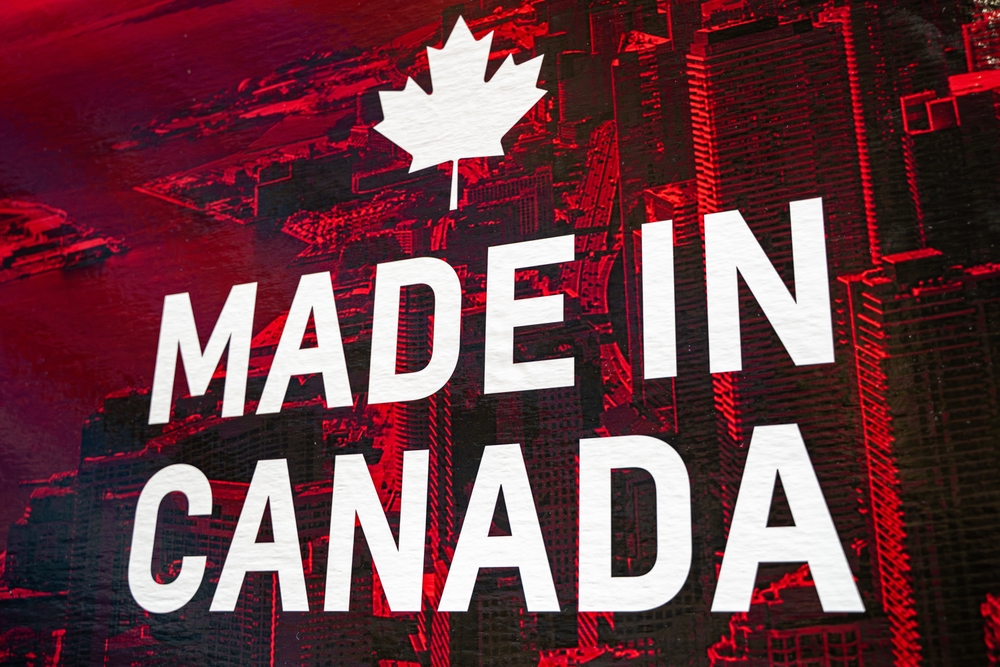When the global stage lights up, attention often turns to the loudest players, those with booming economies or sprawling militaries. Yet, quietly operating just north of the noise, Canada has built a reputation that’s both understated and enviable. From its leadership in clean energy and tech to its consistent social values and peacekeeping legacy, this nation’s influence stretches further than most realize. Here’s a look at 23 reasons why Canada might just be the world’s most underrated power.
The World’s Most Trusted Passport

Few passports carry the quiet weight that a Canadian one does. It grants visa-free or visa-on-arrival access to over 180 countries, making it one of the strongest globally. That trust stems from Canada’s political neutrality, low corruption, and stable governance. Citizens rarely face suspicion abroad, and in crises, they benefit from strong consular protection. Many refugees and global migrants dream of earning it, not just for travel freedom but because it symbolizes a nation respected worldwide. Its reliability reflects decades of diplomatic consistency, making it a soft-power weapon few nations can rival.
A Global Education Magnet

Canadian universities rank among the world’s best, attracting hundreds of thousands of international students each year. Institutions like the University of Toronto, McGill, and UBC consistently appear in top global rankings. Beyond academics, students are drawn by Canada’s post-graduate work programs, safety, and inclusive multiculturalism. Education has quietly become a $20 billion industry, rivaling some countries’ tech exports. Graduates often stay, contributing to Canada’s skilled labor pool and global reputation as a hub for intellectual growth. This steady inflow of global talent reinforces Canada’s quiet dominance in human capital development.
Resource Wealth That Fuels Economies
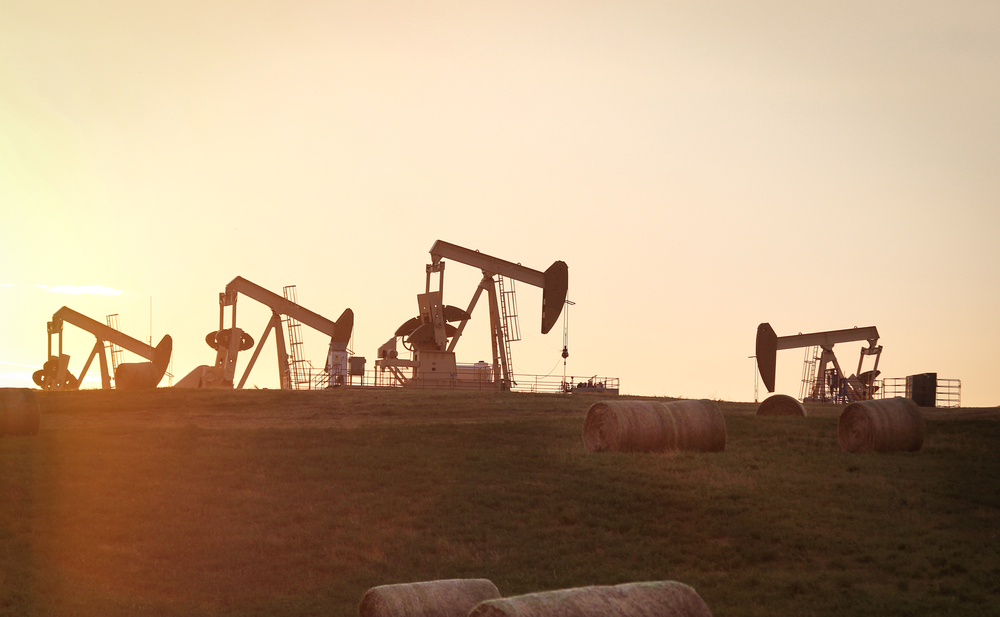
Under its polite demeanor lies one of the richest natural resource bases on Earth. Canada holds the third-largest oil reserves, vast freshwater supplies, and immense forests. It’s a major exporter of minerals like nickel, uranium, and potash, essentials for green tech and agriculture. While other nations struggle with scarcity, Canada balances abundance with regulation, ensuring sustainability. Its resources quietly underpin energy security in both North America and beyond. This natural wealth gives the nation leverage that, though rarely flaunted, makes it indispensable in global trade and resource diplomacy.
Tech Innovation Without the Drama

While Silicon Valley grabs headlines, Canada’s tech scene quietly produces world-class innovation. Toronto and Vancouver consistently rank among the fastest-growing tech hubs globally. The nation’s early investments in AI, through pioneers like Geoffrey Hinton, placed it at the forefront of machine learning research. Companies like Shopify, Lightspeed, and OpenText have shaped the global e-commerce and software industries. What sets it apart is the low ego approach, tech growth focused on inclusion, research, and real-world impact rather than spectacle. This steady rise makes Canada a quietly dominant force in the digital economy.
Leadership in Clean Energy Transition
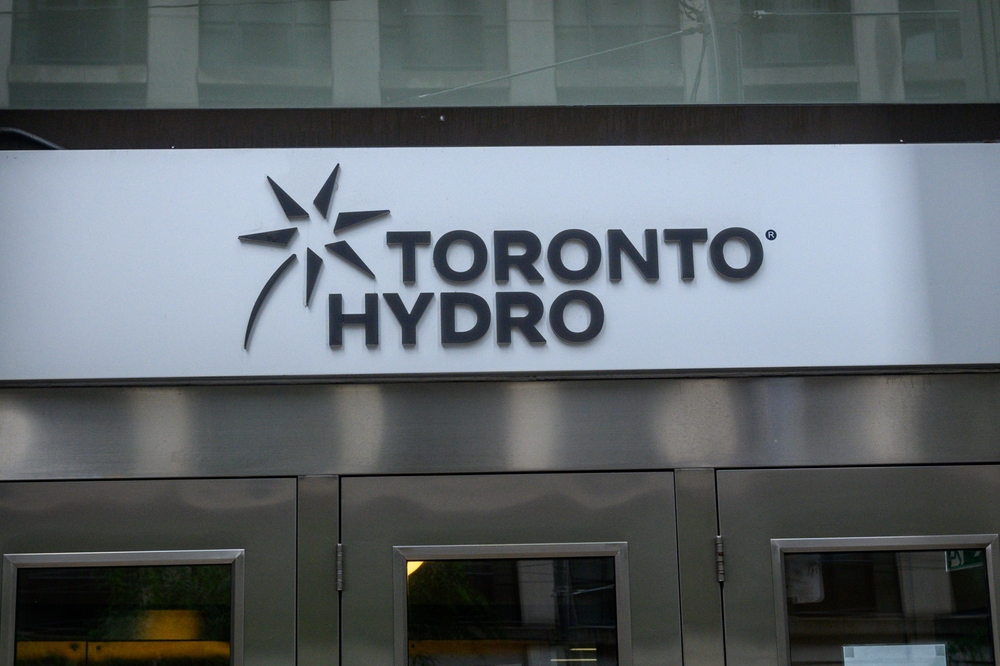
Canada has positioned itself as a global leader in renewable energy, with nearly 83% of its electricity coming from non-emitting sources. Hydropower dominates, complemented by wind, solar, and emerging hydrogen projects. The nation’s approach blends technological innovation with environmental responsibility, offering exportable models for sustainability. As the world races to decarbonize, Canada’s mix of policy and practicality sets it apart. It’s not just reducing emissions but exporting expertise, equipment, and clean energy solutions worldwide. The result is global influence in climate action that’s rarely advertised but deeply respected.
A Model for Political Stability

In an era of polarization and populism, Canada’s calm governance stands out. Power transitions are smooth, elections are transparent, and institutions are resilient. Minority governments function through cooperation rather than conflict. This stability attracts global investors who see Canada as a haven for both capital and ideas. Its political moderation, while often seen as unexciting, is its greatest strength, allowing long-term policy continuity and trust in governance. While others battle internal unrest, Canada’s predictability has become a quiet form of geopolitical power.
The World’s Refuge for Talent

When nations close their doors, Canada opens theirs strategically. Its immigration system is designed to attract skilled professionals who can integrate and contribute immediately. Over 400,000 immigrants arrive annually, boosting innovation, demographics, and entrepreneurship. These individuals often become global ambassadors for Canada’s inclusive model. The country’s open stance enhances soft power by presenting it as a safe, welcoming, and opportunity-rich society. Rather than a reactive policy, this immigration strength is a deliberate strategy that future-proofs Canada’s influence in a global talent race.
Peacekeeping Legacy That Still Shapes Policy
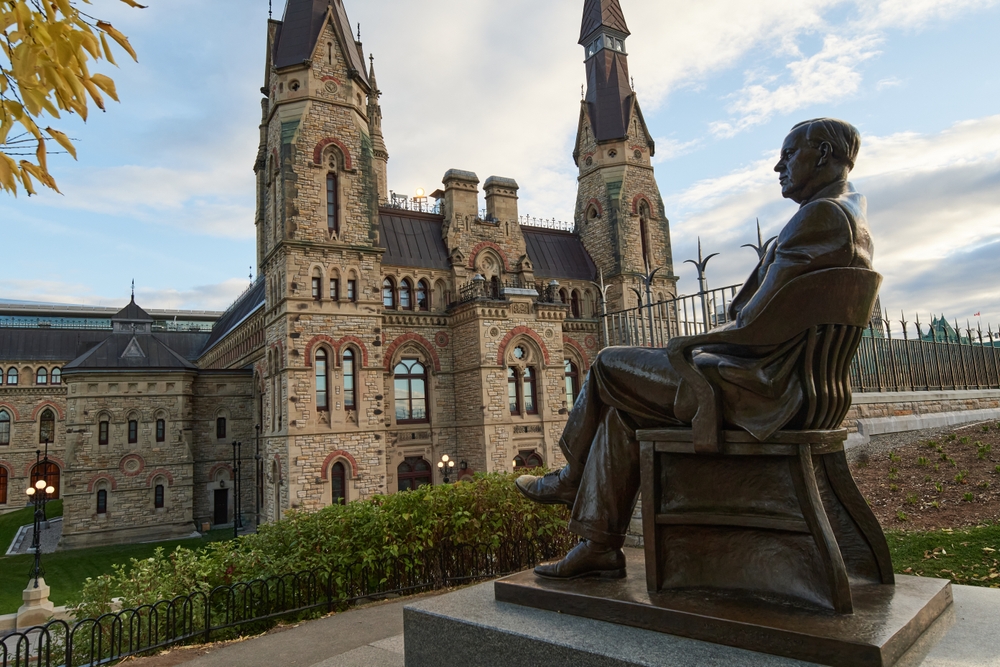
While many nations deploy troops for power, Canada built its reputation on peacekeeping. Former Prime Minister Lester B. Pearson even won the Nobel Peace Prize for his role in resolving the Suez Crisis. Though the country’s modern peacekeeping involvement has declined, its diplomatic philosophy remains shaped by it, favoring negotiation, humanitarian intervention, and multilateral cooperation. That legacy continues to influence how the UN and NATO perceive Canadian leadership. Its moral credibility in global conflicts often outweighs its military size, proving that influence can exist without aggression.
A Global Health Leader

From developing insulin in the 1920s to advancing stem-cell research, Canada has quietly reshaped global health. Institutions like the University of Alberta and McMaster University have pioneered breakthroughs that save lives daily. Its universal healthcare model is studied worldwide for balancing access and quality. During global crises like COVID-19, Canadian researchers contributed to vaccine trials and genomic tracking. Rather than dominating headlines, Canada’s health influence spreads through policy sharing, aid, and scientific partnerships, offering a humane, data-driven blueprint for other nations.
Arctic Sovereignty and Strategic Control
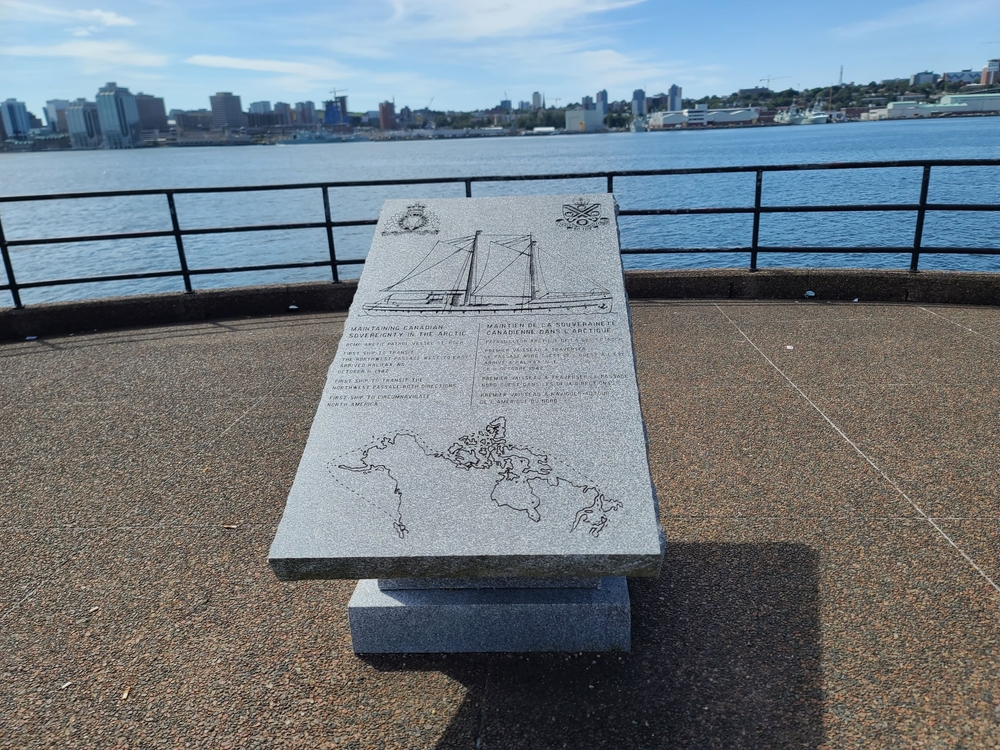
While most nations argue over warm seas, Canada quietly controls one of the world’s most strategic cold zones. The Arctic region is becoming a global hotspot for shipping and resource extraction, and Canada owns a significant portion of it. Its Arctic sovereignty gives it access to untapped oil, gas, and minerals, as well as new maritime routes opened by melting ice. With increasing geopolitical interest from Russia and China, Canada’s command of this frontier could redefine future trade and security. Few realize how much leverage this icy expanse offers.
Food Security Superpower
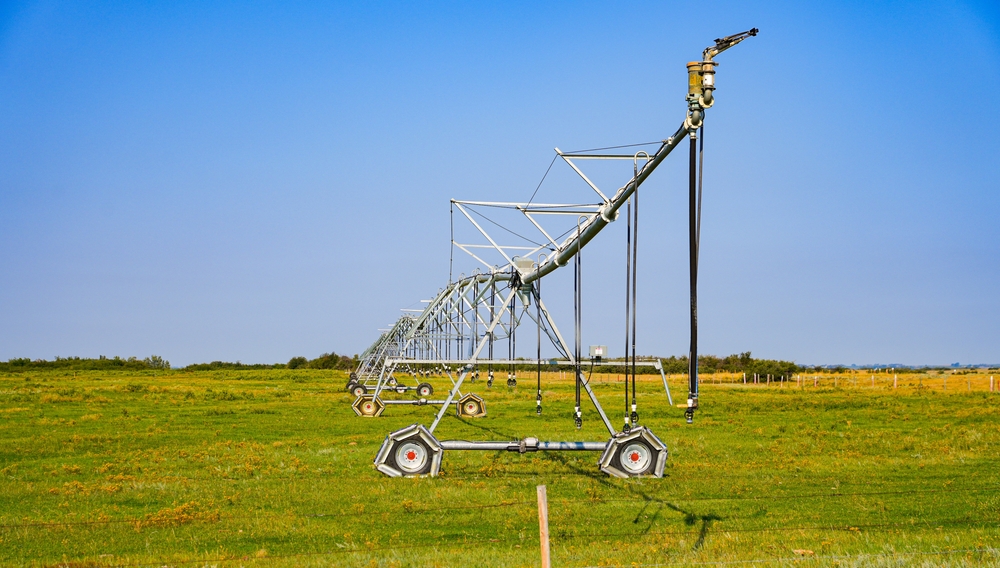
Amid global food shortages, Canada’s agricultural sector shines. The Prairie provinces produce enough wheat to feed millions, while their fisheries rank among the most sustainable globally. Technological farming advancements and vast arable land make it a top exporter of grains, pulses, and seafood. What makes it powerful is not just volume but reliability—buyers trust its safety standards and ethical sourcing. As climate change disrupts traditional breadbaskets, Canada’s role as a food security anchor grows, giving it a subtle but serious influence in global supply negotiations.
A Blueprint for Multiculturalism
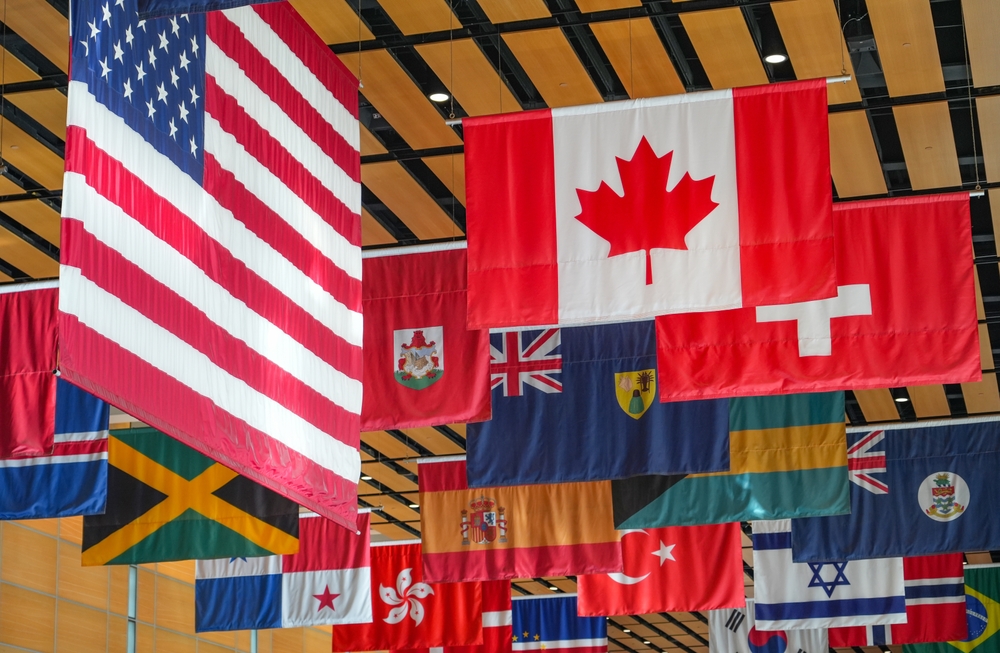
Few nations have integrated diversity as seamlessly as Canada. More than one in five residents is foreign-born, yet social cohesion remains strong. Policies supporting multiculturalism, bilingualism, and indigenous reconciliation have created a uniquely inclusive identity. Rather than melting cultures into uniformity, Canada celebrates difference while maintaining shared national values. This social experiment has become a reference model for the European Union and the UN. It proves that immigration and diversity, when managed thoughtfully, can strengthen rather than fracture a nation’s unity and global reputation.
Quiet Military Strength Through Partnerships

Though not a military superpower by numbers, Canada’s armed forces are highly trained and deeply integrated with NATO and NORAD. Its peacekeeping and humanitarian missions have built respect rather than fear. The Canadian military invests heavily in cybersecurity, Arctic defense, and intelligence-sharing. Its soldiers are known for professionalism and adaptability in coalition operations. This strategic alignment gives Canada influence far beyond its troop count. Instead of brute force, it exerts power through reliability and partnership, a subtle but vital presence in global defense frameworks.
A Cultural Export Machine
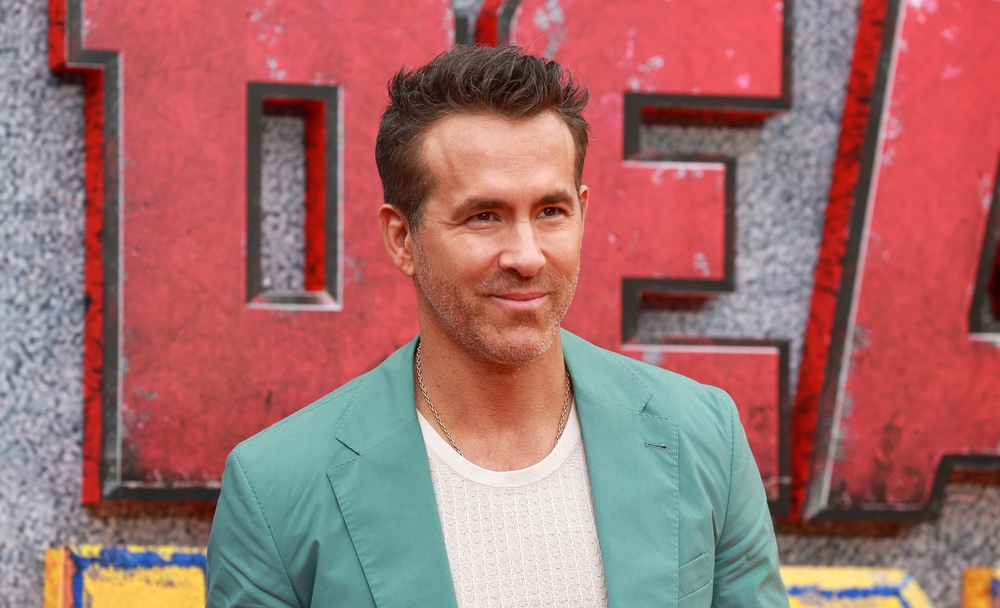
From Drake to Ryan Reynolds and from Cirque du Soleil to Margaret Atwood, Canada’s cultural exports have global reach. Its film industry produces both Hollywood blockbusters and thought-provoking indie hits, supported by generous creative grants. Toronto and Vancouver serve as global filming hubs due to skilled crews and tax incentives. Music, literature, and design all flourish under an arts-friendly environment. While others politicize culture, Canada invests in it, allowing creative industries to quietly project national identity worldwide. Soft power through culture may be its most persuasive global currency.
Reliable Banking and Financial Systems

Canadian banks have repeatedly ranked among the world’s safest. During the 2008 financial crisis, while others collapsed, Canada’s banking system stayed stable. Strict regulations, conservative lending, and strong public trust created a resilient framework. This stability attracts international investors seeking security amid uncertainty. Toronto has become a global financial hub, ranking alongside New York and London in competitiveness. Canada’s quiet financial discipline underpins its credibility in trade and foreign relations, proving that fiscal prudence can be as influential as military power.
Leadership in Artificial Intelligence Research

Decades before AI became a buzzword, Canadian scientists were laying its foundations. Geoffrey Hinton’s work on neural networks at the University of Toronto changed modern computing. Today, Montreal and Edmonton are global AI hubs, hosting labs for Google, Meta, and DeepMind. Canada’s approach emphasizes ethical AI, transparency, and human-centered development, shaping global standards. By exporting talent and frameworks rather than dominance, it influences how technology aligns with human rights. Few nations combine innovation with such a strong moral compass in artificial intelligence.
World-Class Quality of Life

International rankings consistently place Canadian cities among the most livable. Vancouver, Calgary, and Toronto top lists for safety, healthcare, and infrastructure. The balance of urban opportunity and natural beauty appeals to both locals and newcomers. Public services function efficiently, and corruption remains low. This consistent standard of living strengthens Canada’s global reputation and attracts high-value immigration and investment. In an unstable world, stability itself becomes power, and few nations provide it as consistently as Canada.
Influence in Global Governance

Canada often acts as a bridge between competing global powers. Its active role in the G7, UN, and Commonwealth allows it to advocate for small and mid-sized nations. Whether mediating trade disputes or pushing human rights reforms, its diplomacy earns respect from both East and West. Canada’s balanced foreign policy gives it access to multiple geopolitical circles without being seen as biased. That quiet neutrality allows it to shape agendas in ways larger, louder nations often cannot.
Dominance in Mining and Critical Minerals

The transition to electric vehicles and renewable energy relies heavily on lithium, cobalt, and nickel, resources Canada has in abundance. Its mining sector is also among the most ethical and regulated globally. The country is building alliances with Europe and Asia to supply clean, conflict-free minerals, reducing dependency on unstable regions. This gives it growing leverage in the global clean-tech supply chain. As nations race to secure these materials, Canada’s resource reliability becomes a key component of future global industry.
Innovation in Public Health Policy

Public health leadership has been a defining feature of Canada’s global identity. Its harm reduction strategies, vaccination frameworks, and pandemic preparedness models are studied internationally. The system’s balance between federal coordination and provincial autonomy allows experimentation and adaptability. Canada also funds global health research through institutions like IDRC, influencing public policy far beyond its borders. This consistent, evidence-based governance adds to its reputation as a nation that leads by logic and compassion, not force or ideology.
Global Humanitarian Commitment

Through both government programs and NGOs, Canada contributes heavily to humanitarian relief efforts. Whether it’s responding to natural disasters or funding education in crisis zones, Canadian aid prioritizes long-term stability over short-term optics. Organizations like the Red Cross Canada and CUSO International have global footprints. This consistent generosity strengthens diplomatic ties and enhances Canada’s moral authority. While others may flaunt their aid, Canada delivers it quietly, reinforcing its image as a dependable and humane international partner.
Strategic Water Power
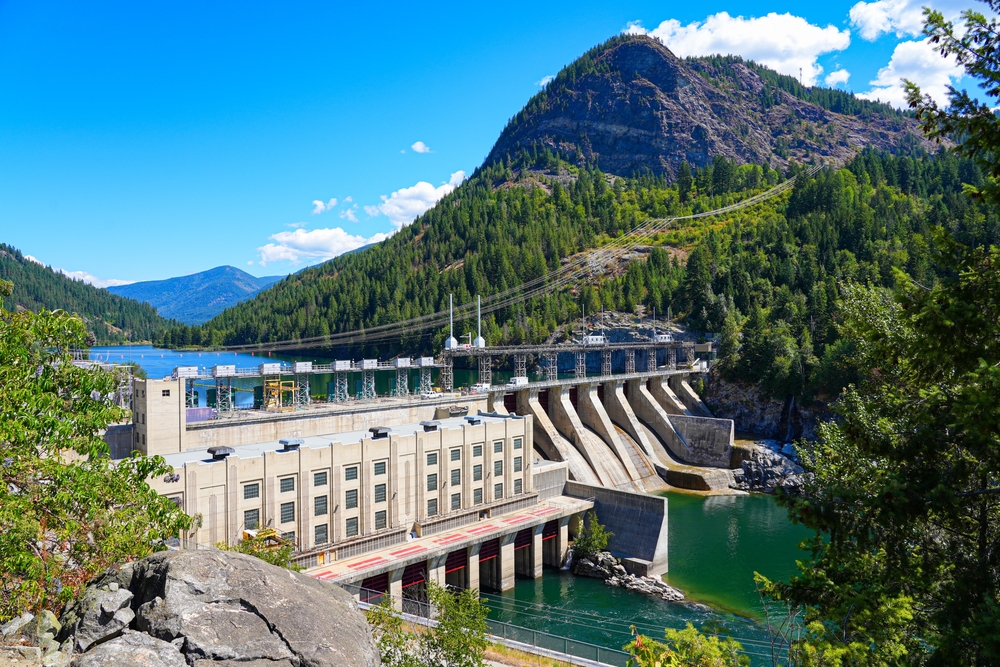
Freshwater scarcity is a looming global crisis, and Canada possesses nearly 20% of the world’s freshwater reserves. Its rivers and lakes are crucial not just for domestic use but for future global trade and energy. As water rights become a geopolitical issue, Canada’s stewardship of this resource grants it immense latent power. By exporting hydroelectric energy and developing water management technologies, it positions itself as a future guardian of the world’s most essential resource. Few nations hold such strategic environmental influence.
Respected Democratic Values

At a time when democratic backsliding dominates headlines, Canada remains a beacon of functional democracy. Freedom of the press, judicial independence, and civil liberties are protected by law and culture alike. Elections are transparent, debates are civil, and citizens are engaged. International organizations often look to their governance model as proof that democracy can thrive without chaos. Its commitment to rights and the rule of law enhances credibility in global negotiations. This consistent moral and institutional strength cements Canada’s reputation as an underrated but exemplary power.
21 Products Canadians Should Stockpile Before Tariffs Hit

If trade tensions escalate between Canada and the U.S., everyday essentials can suddenly disappear or skyrocket in price. Products like pantry basics and tech must-haves that depend on are deeply tied to cross-border supply chains and are likely to face various kinds of disruptions
21 Products Canadians Should Stockpile Before Tariffs Hit
